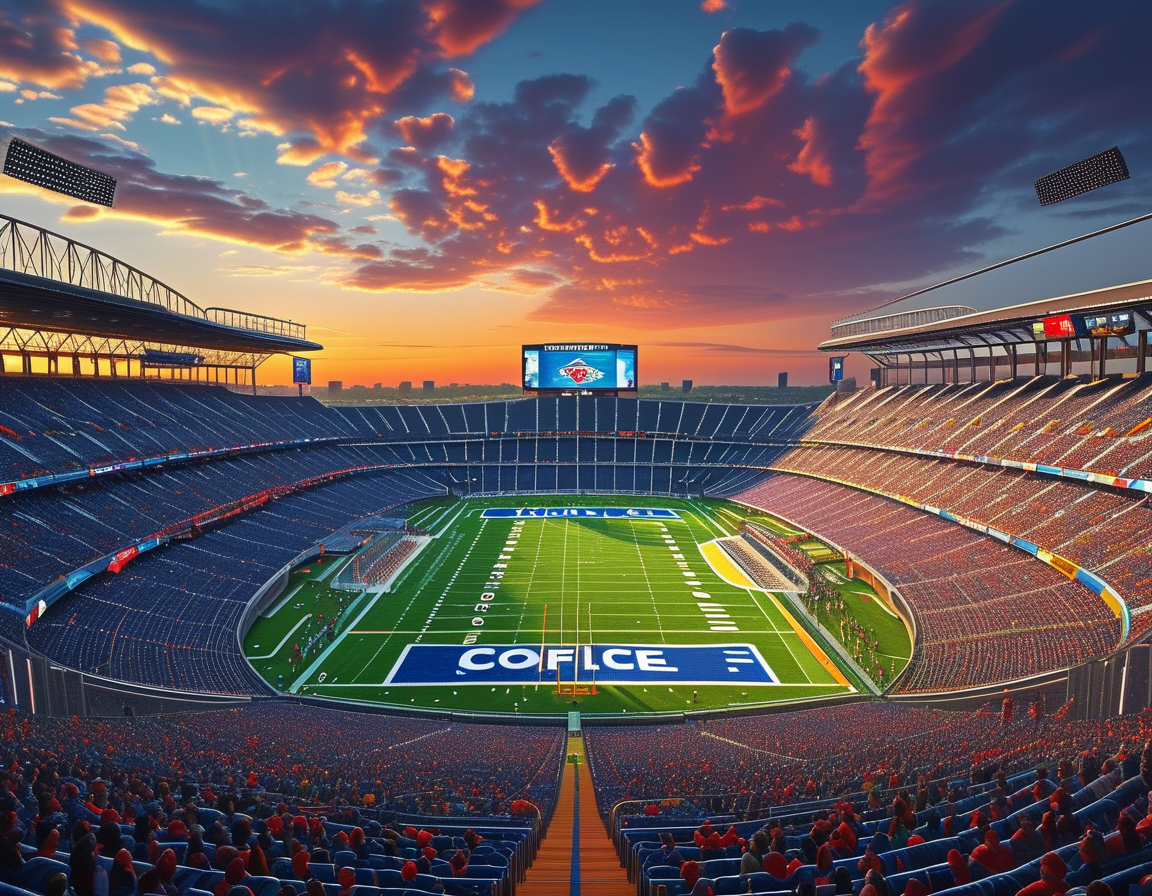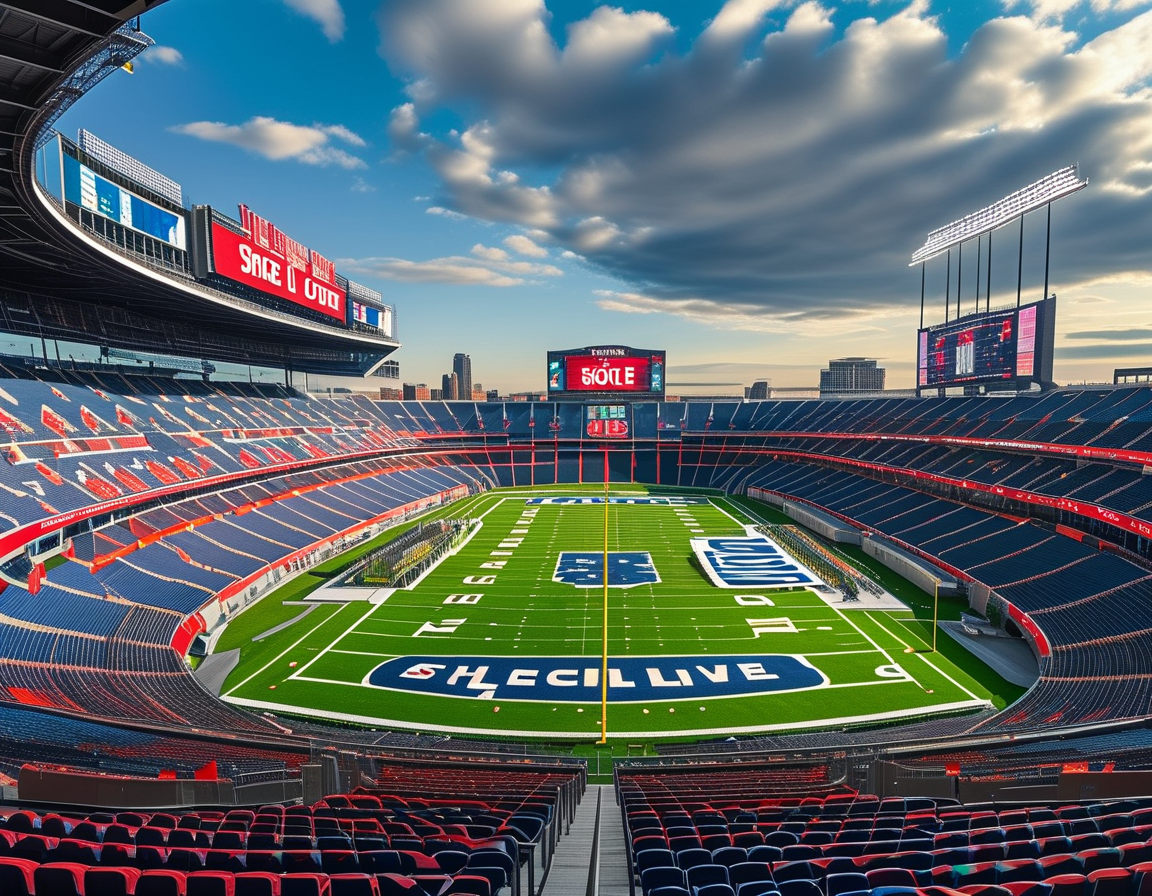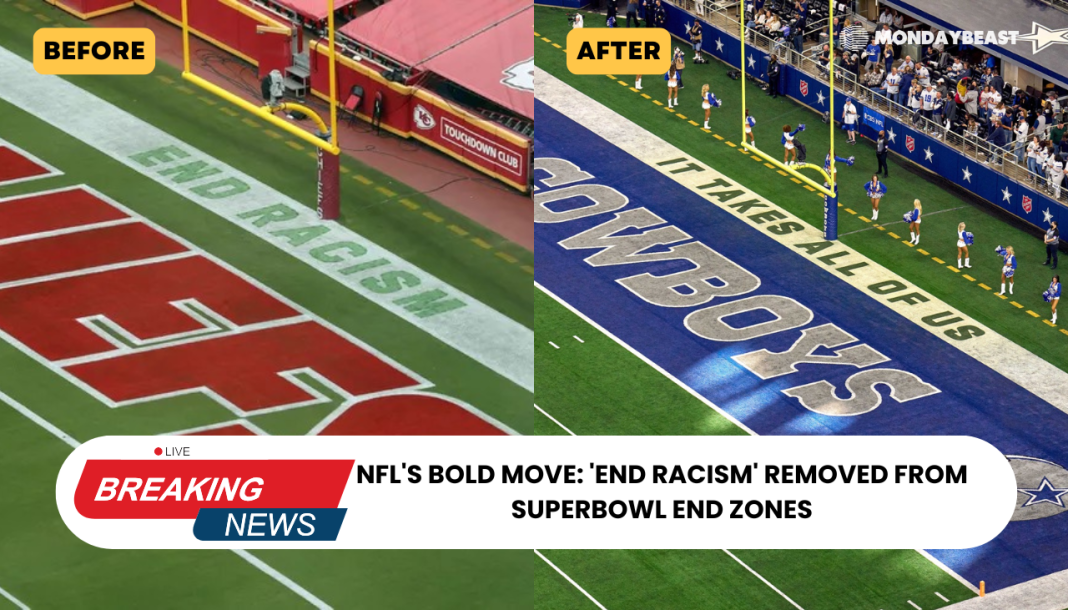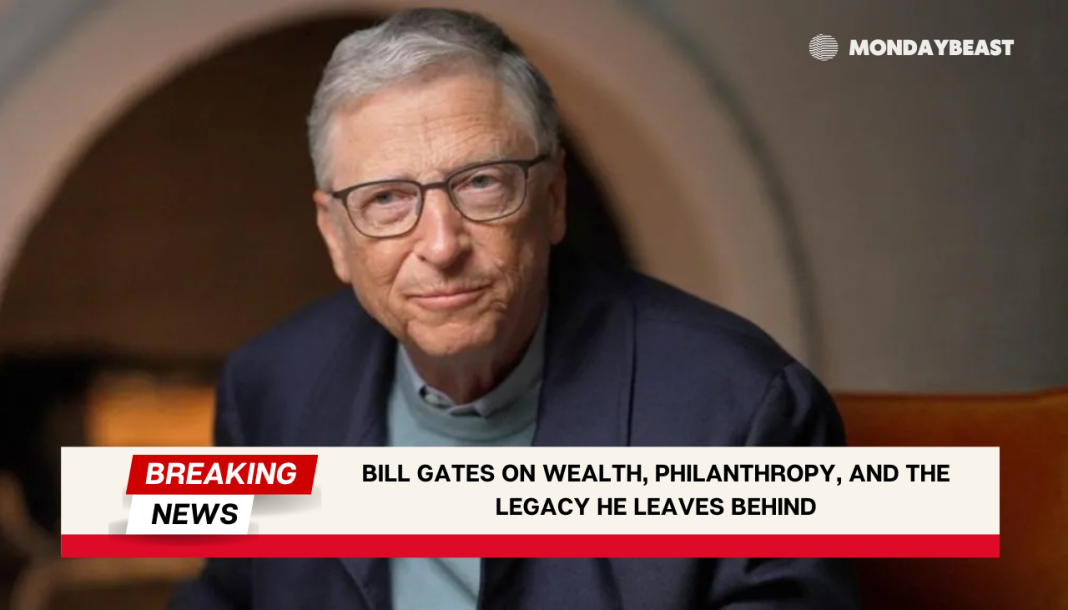A Historic Change in the Game
The 2024 Super Bowl will go down in history. For the first time, the phrase ‘End Racism’ will not be displayed in the end zones. Instead, we will see ‘Choose Love’ and ‘It Takes All of Us.’ This decision marks a shift in the NFL’s messaging and perhaps its vision.
Why make this change now? With a clouded backdrop of recent events, the NFL is trying to respond to the current climate. It feels poignant and timely. But is it enough?
The move is notable enough to raise eyebrows. In a culture that thrives on symbols, removing the steady call to ‘End Racism’ may spark debate. Many will wonder if the intentions are placating or genuine. Yet, the NFL insists this is about framing a positive narrative, especially after the tragedies that shocked us all.
What Led to This Decision?
NFL spokesperson Brian McCarthy provided insight on the rationale. ‘The Super Bowl is often a snapshot in time,” he said. A snapshot indeed—it’s a time for reflection as much as competition.
He noted that recent wildfires, attacks, and tragic crashes have created a collective challenge. The league is leaning into a message of unity. But will it resonate on such a grand scale?

Clearly, the NFL hopes to inspire. Yet, some fans may question if a shift from strong statements to softer messages represents progress or a retreat. Change can be challenging and leads to many perspectives. In the bustling stadiums, will these new phrases ignite a sense of community?
Diversity Efforts at a Crossroads
The NFL introduced these phrases during the 2020 season amid nationwide protests. The movement for social justice, spurred by the tragic death of George Floyd, prompted the league to act. Initially, phrases like ‘End Racism’ and ‘Stop Hate’ filled the fields.
As we approach Super Bowl LIX, it feels critical to understand how these changes affect the moment. It’s like a delicate dance, balancing activism with entertainment. Can the NFL do both effectively?

While some heralded these steps as necessary, others saw them as opportunistic branding. In a world that values authenticity, will the NFL be able to maintain credibility?
The Bigger Picture of Super Bowl Politics
Simultaneously, these decisions come against a backdrop of broader political narratives. Former President Donald Trump is set to attend the Super Bowl, marking a historic first. His attendance adds another layer of complexity to the discussion about diversity and inclusion.
Does his presence overshadow the NFL’s efforts? Many fans might ponder whether one high-profile attendee can dilute the powerful messages the league aims to convey.
The NFL is in a spotlight, one that has often burned hot with scrutiny. It has become a stage—not just for football, but for societal messaging. The league must tread carefully. Amid game promotions and posturing, the reality of these initiatives will ultimately play out in the eyes of its audience.
Looking Ahead
As players take the field, what will those new phrases represent? Will they stand as a beacon of change or fade away without leaving a mark? Only time will tell.
In wrapping up our thoughts, the NFL’s choice reflects a broader societal shift. It invites us to reflect on how words matter. What will silence convey when we encounter complex issues? As we approach the Super Bowl, let’s hope that regardless of the phrasing, the spirit of social justice and compassion is not lost.
With so much riding on this year’s game, it’s about more than just the Lombardi Trophy. It’s a moment ripe for resonance, reflection, and, perhaps, change. Each kick and tackle will reverberate with implications.




